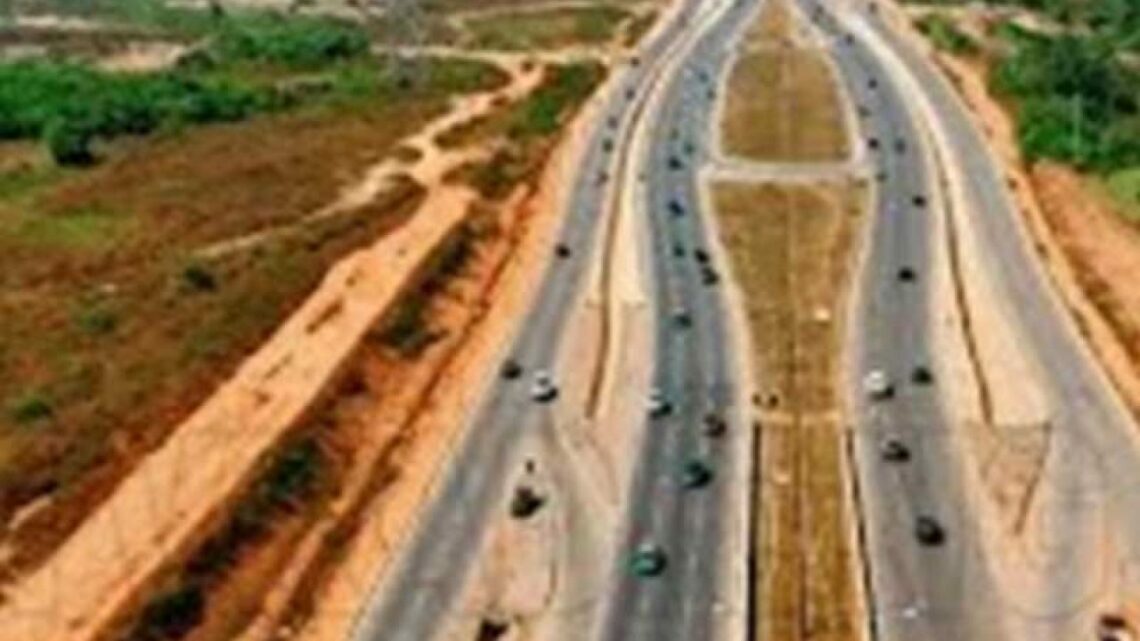The ongoing construction of Lagos-Calabar highway, a massive 700-kilometer coastal road linking Nigeria’s economic hub to its southeastern region, has sparked significant debate. While its supporters hail it as a transformative infrastructure project, critics question its cost, environmental impact, and execution. As Nigeria strives to bridge its infrastructural gap, it is crucial to weigh the merits and demerits of this ambitious project.
On the positive side, the Lagos-Calabar highway promises to enhance connectivity and economic growth. The road would facilitate trade and movement between coastal states, reducing travel time and boosting commerce in historically underserved areas. By linking major ports, industrial zones, and tourist destinations, the highway could unlock significant economic potential, attracting investment and stimulating regional development. The construction phase alone is expected to generate thousands of jobs, providing much-needed employment opportunities for Nigerians.
Furthermore, improved road infrastructure would ease pressure on existing highways, especially the congested Lagos-Benin expressway, which often suffers from gridlock and poor maintenance. A modern coastal road could enhance the transport sector, lower logistics costs for businesses, and improve supply chain efficiency. Given Nigeria’s heavy reliance on road transport, such an investment could have a far-reaching impact on trade and national integration.
However, the project is not without controversy. One of the biggest concerns is its cost. With an estimated price tag running into trillions of naira, critics argue that such funds could be better spent on upgrading existing roads, rail networks, or power infrastructure, which are in dire need of attention. Given Nigeria’s fiscal challenges and mounting debt, the financial sustainability of the highway raises serious questions.
Environmental concerns also loom large. The proposed route reportedly passes through ecologically sensitive areas, including mangroves, wetlands, and coastal communities. Large-scale construction in these regions could lead to deforestation, habitat destruction, and coastal erosion, affecting both biodiversity and livelihoods. Many local communities depend on fishing and agriculture, and displacement caused by the project could disrupt their way of life.
Another contentious issue is transparency. Infrastructure projects in Nigeria have often been plagued by cost overruns, delays, and allegations of corruption. Critics fear that without strict oversight, the highway could become another white elephant project—expensive, incomplete, or poorly executed. Ensuring accountability, competitive bidding, and public engagement will be crucial in preventing mismanagement.
Indeed, the Lagos-Calabar highway will bring sure brings connectivity succor to many deserted and under-served communities along that route, granting easy access to big cities like Lagos, Calabar, and other adjoining cities that could open up easy trade activities such as farm-to-market, as well as tourism. While the Lagos-Calabar highway has the potential to reshape Nigeria’s economic landscape, its execution must not become another failed, legacy project, now that it has started. A thorough environmental impact assessment, transparent procurement processes, and a clear financing strategy are essential. If done right, the highway could be a game-changer; if mishandled, it could become another expensive misstep. The government must strike a balance between ambition and sustainability to ensure that this project delivers lasting benefits to Nigerians.





